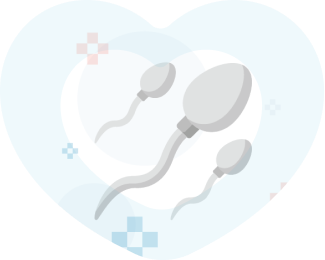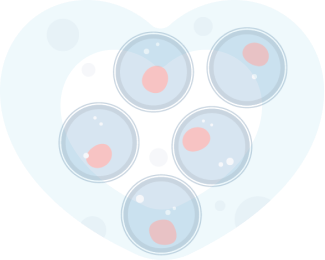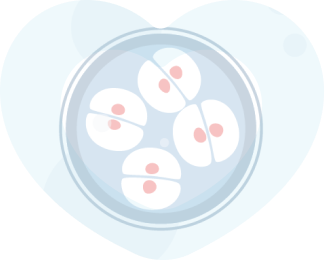Fertility may be preserved for future use for a variety of reasons. With increased Cancer survival rates, many patients look past their cancer diagnosis towards family building. Others choose to delay childbearing to later in life. When you schedule your free consultation at CARE Fertility you will meet with a fertility specialist who will take an extensive medical history of you and your partner and address all the concerns you may have.
There are three ways to cryopreserve fertility:

Sperm freezing is highly effective with multiple batches stored if possible. Once sperm sample is provided, each individual sperm sample is evaluated prior to freezing. The samples are then cooled slowly and plunged into liquid nitrogen.
Embryo Freezing provides excellent results for preserving fertility. When freezing embryos, your eggs are retrieved and fertilized with sperm (from your partner or donor sperm) to create embryos that will be frozen. Once you are ready to start a family, your fertility laboratory will thaw the embryos and implant one or more in your uterus as part of a Frozen Embryo Transfer Cycle.


Recent advances in Egg Freezing technologies now provide very reasonable childbearing potential. Depeding on your ovarian follicle count, you may require more than one egg etrievals to have a good number of eggs. Your eggs are harvested, frozen and stored for later use. Once you decide you would like to become pregnant, these eggs are thawed and fertilized with sperm during a frozen egg in vitro fertilization (IVF) cycle.
There are several factors that may lead a Fertility Doctor to recommend Frozen Embryo Transfer, including:
Elective Fertility Preservation allows men & women to preserve their fertility for future use.
Cancer & cancer treatments may affect your fertility. We encourage you to explore your fertility preservation options before treatment.
Egg freezing enables women who desire to postpone childbearing to preserve their fertility. Ideally should be performed in her late 20’s to mid 30’s.
Elective Fertility Preservation allows men & women to preserve their fertility for future use.
Cancer & cancer treatments may affect your fertility. We encourage you to explore your fertility preservation options before treatment.
Egg freezing enables women who desire to postpone childbearing to preserve their fertility. Ideally should be performed in her late 20’s to mid 30’s.




Discover Personalized Fertility Solutions. Schedule your consultation now and take the first step towards the future you want to build.

Find Quick Answers in our Frequently Asked Questions!
Eliminate doubts, gain confidence and Start Your Journey to Parenthood.
Whether you’re having trouble getting pregnant, want to optimize your chances for a future pregnancy, or need a donor and/or surrogate to help you build a family, we have a solution.
© 2024 CARE Fertility. All Rights Reserved.